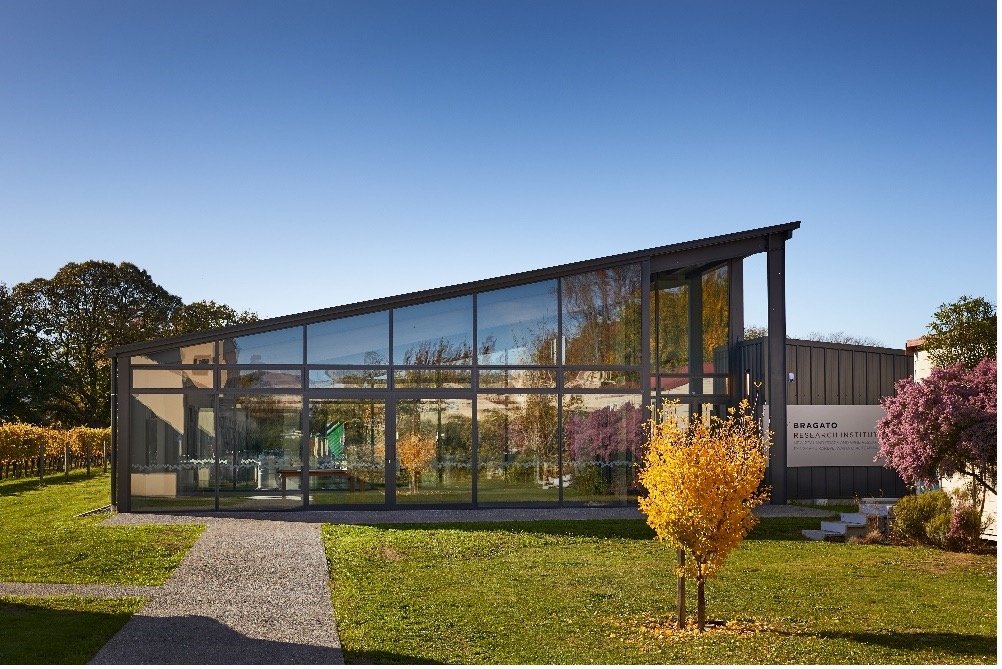Wine TimelineThe decision made by Montana in 1973 to plant wine grapes in Marlborough was the most visionary and vital one made in the short history of the New Zealand Wine Industry. It wasn’t an easy road to success, but led by science, our enviable natural environment, and a brave small community who got together and got things done, Marlborough put New Zealand wine on the world map.
Marlborough has quickly grown to be New Zealand’s largest producer and has grown at an outstanding rate, growing from 6,831 hectares in 2002 to 22,819 in 2013. Today, almost 30,000ha of vines (around 2/3 of the national total) are under the care of local wine producers, making it the country's largest wine region.
Coincidentally, 2023 also marks 150 years since Marlborough’s first vineyard of Muscat was planted at Auntsfield by Scotsman David Herd in 1873. These vines were pulled out in 1931 and no others were recorded in the region until 1973.
RSE and SLAP (Seasonal Labour Accommodation)
2019
A multimillion-dollar expansion at a seasonal worker complex moves more than 150 people out of motels and backpackers into custom-built accommodation.

Bragato Wine Research Institute Opens
2020
Based at the Marlborough Research Centre, BRI partners with industry and other research organisations to set the national research agenda, trial world-first technologies, conduct commercial trials, and connect educators and students to science and industry. BRI was established with additional funding from the Marlborough District Council, recognising the local economic contribution of its global reach and national focus from the region.

Covid
2020
Restriction on entry to NZ affects the number of workers available for vineyards and wineries. Lockdown occurred as Harvest was starting and the wine industry was deemed to be an essential industry. Harvest continued under strict conditions.
Grape Marc Study
2020
Repurposing Grape Marc in Marlborough: The Way Forward by Jim Jones, Sarah McLaren and Qun Chen was initiated by the Marlborough District Council and is funded in part by them and by the Waste Minimisation Fund. The motivation to consider alternatives for repurposing grape marc has a number of contributing factors.

New Zealand Wine Centre opens at Te Pukenga / NMIT Marlborough campus
2022
A new wine research centre has been opened in Marlborough with the aim of helping the industry stay ahead of global trends and fostering research and collaboration.
RSE Worker Numbers
2023
There is an administrative limit or cap on the number of RSE places that can be taken up in any one year. This cap was set at 5,000 places when the scheme was established in 2007, but the success of RSE has led to increased demand from employers for the cap to be set at 19,000 for 2022/23.
